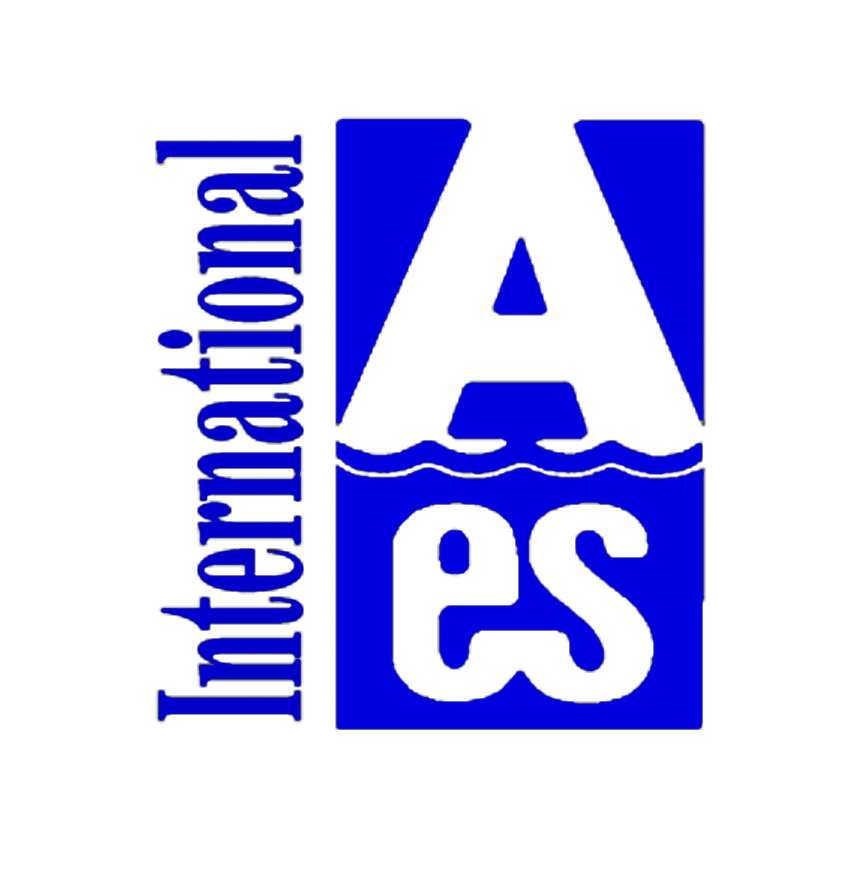April

Professor Luboš Smrčka
University of Economics in Prague
Why did you become a member of the International Atlantic Economic Society?
Nearly 15 years ago, with several colleagues mainly from the University of Economics in Prague, I carried out a large survey concerning the results of insolvency proceedings in the Czech Republic. Subsequently, we published a number of works in international journals and were pleasantly surprised that our foreign colleagues were interested in the topic, too. Apparently, a lot of economists from other countries saw the situation the way we did in the Czech Republic, at a time when a new round of discussions started about the whole issue of insolvency, business rescue, discharge from debt, etc. We took an interest in it and the survey, originally designed as a one-off project, became a long-term topic for me and a number of my colleagues. I believe it was then when someone mentioned IAES to me as a perfect platform for international cooperation. It was a great idea. I have met a number of exceptionally inspiring colleagues here.
What types of projects/research are you currently working on and what inspired/motivated you to pursue these interests?
I have already mentioned the topic of insolvency. The Czech Republic, and a great deal of post-communist countries alike, and perhaps also the whole world, after all, is in one way or another dealing with the problem of relatively huge unmanageable consumer debt and with a low recovery rate for the creditors of entrepreneurs and businesses. Together with a few side research topics, therefore, I constantly deal mainly with insolvency processes, just like I did 10 or almost 15 years ago. At that time, I was probably more focused on corporate bankruptcy, adding the issue of bankruptcy of natural persons these days, but financial difficulties and their solution are still my primary concern.
During those years, the Czech Insolvency Act was amended several times. A team of experts, of which I am a member, took part in the discussions preceding all the major changes, and I was the key speaker and partner from the research sector to the Czech political representatives. As a result, a great number of ideas we brought up have become part of the insolvency law.
In the Czech Republic, and across the European Union alike, discussions are under way concerning implementation of the new Directive on Restructuring and Insolvency in the national legislation. Of course, our team is taking part in the local discussions. We carried out several surveys in the last years, focusing on the possibilities of rescue principles when resolving financial difficulties of entrepreneurs, so we are now perfectly ready for discussing the preventive restructuring. The whole team sees it as their responsibility to contribute to the process of implementing the Directive in a way that is beneficial for our economy.
What advice would you give to someone who is considering entering your line of work/field of study?
I have two recommendations. Firstly, ask yourself whether you enjoy the topic. That is absolutely key for me. Of course, one can always pack it in and start doing something else, but it would be a tough decision. And that is my second recommendation, because I went through that kind of difficult decision-making myself. I studied to become a biologist, I was part of a prestigious Czechoslovakian research centre in the 1980s, and our team had outstanding results and published internationally. But when the Communist regime fell, I felt that I had to change the subject, I had to change my life just as my country had changed. Therefore, I left my research department and ventured into the economy. At first, I focused on the practical part of it, and in the last 15 years I became interested in the academic and research aspects thereof. It was sometimes hard, especially at the beginning, but I never regretted it. To sum up: when you think you need a change, make it.
Going forward, what other projects/research are you looking to or hoping to pursue?
Together with my colleagues, I am convinced that the issue of insolvencies and currently the question of preventive restructuring will for some time be the centre of attention among experts and especially nations in the developed countries. What we need now are good solutions. The coronavirus pandemic revealed the vulnerability of our economies and it may result in a large number of insolvency cases. New approaches have recently emerged in this field, and although they are partly motivated by politics, the core of the problem is economic.
What’s your favorite hobby?
I like writing blogs, but that is a minor thing. I try to read also books other than work-related. But to be honest, lecturing and research are making me so busy, that haven’t got much time for hobbies. I try to go sailing once a year with friends to the Mediterranean Sea. Which is quite a big hobby, I should think.

